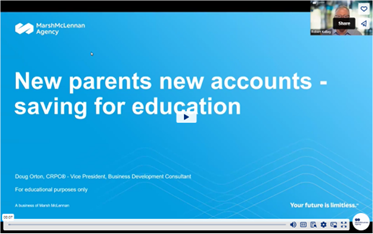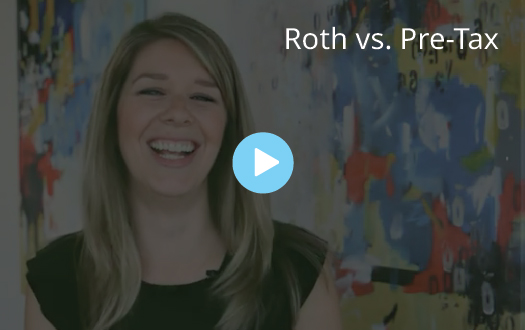New Parents, New Accounts – Saving for Education


Given the rising costs of higher education, individuals with young children or even grandchildren may have concerns about future educational expenses. The good news is, the 529 College Savings Plan is a good place to start. With a 529 Plan, earnings on contributions grow tax deferred, and withdrawals are free from federal taxes if used for qualified education expenses. The account holder controls the assets and has the right to change the beneficiary, if needed.
What college expenses can I use the money for? A 529 account can be used for a wide range of qualifying expenses such as room and board, tuition, books, and computer equipment for almost any accredited post-secondary school. However, each individual state can have different expense coverages and your enrollment materials should be referred to for more details. In addition, a 529 account can be used for tuition for enrollment or attendance at an elementary or secondary school, but federal limitations and state rules may impact or inhibit usage for elementary or secondary school purposes.
How and when can I take distributions from the account? Withdrawals can be taken at any time for qualified expenses, tax free. To avoid a tax bill, qualified withdrawals must be made in the same calendar year as the expense. For instance, if you purchase textbooks in April 2024 and plan to reimburse yourself with a withdrawal, it must be done in 2024. You can withdraw money for nonqualified purchases at any time, but you will owe a 10% penalty in federal income tax in addition to any state or local taxes and investment taxes on any earnings withdrawn.
Will investing in a 529 plan affect eligibility for financial aid? The short answer is that it depends on who owns the account. If the account is owned by a non-parent such as a grandparent there are no longer adverse effects on the student’s financial aid eligibility. The 529 assets have a relatively small effect on financial aid eligibility when they are considered assets of the parent. Please consult with a financial professional regarding specific circumstances prior to making an investment.
For more information, please check out a playback of our recent webinar:
Educational use only.




